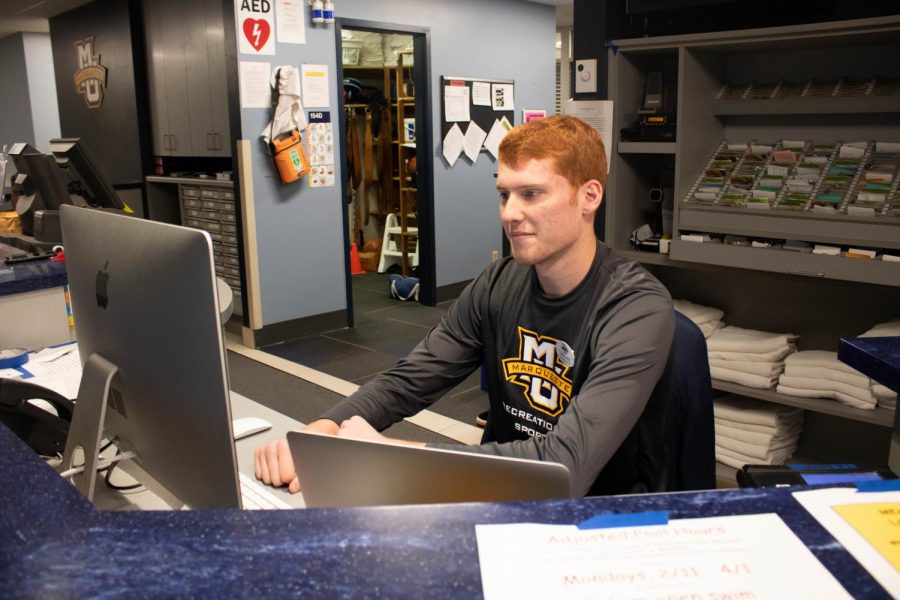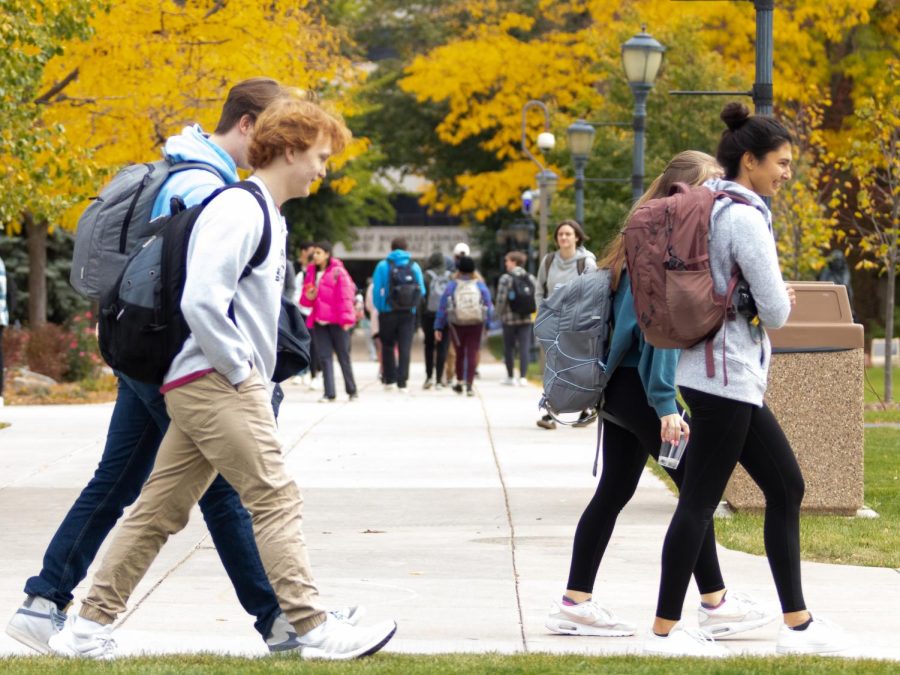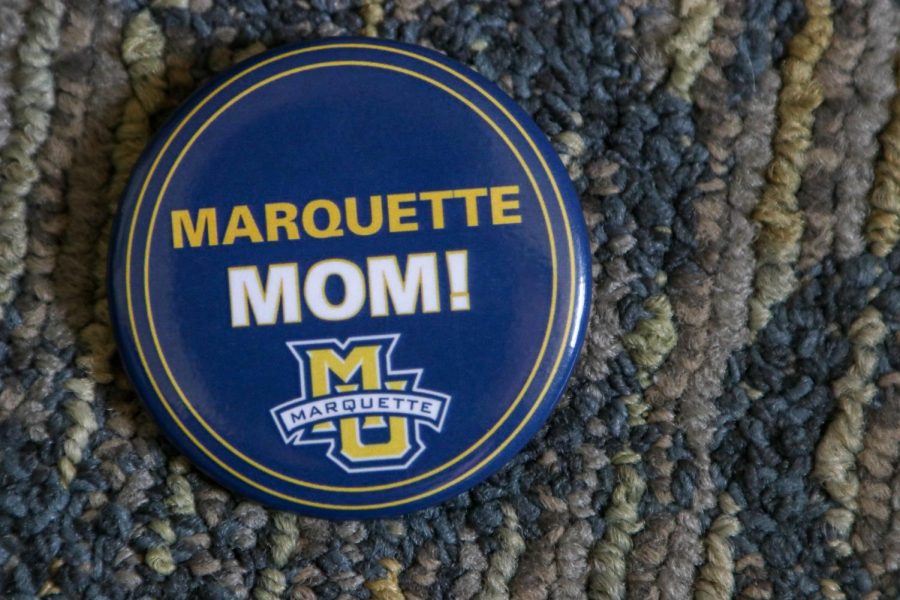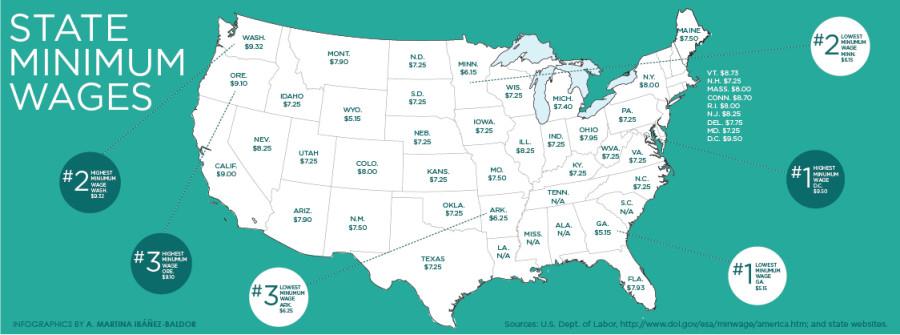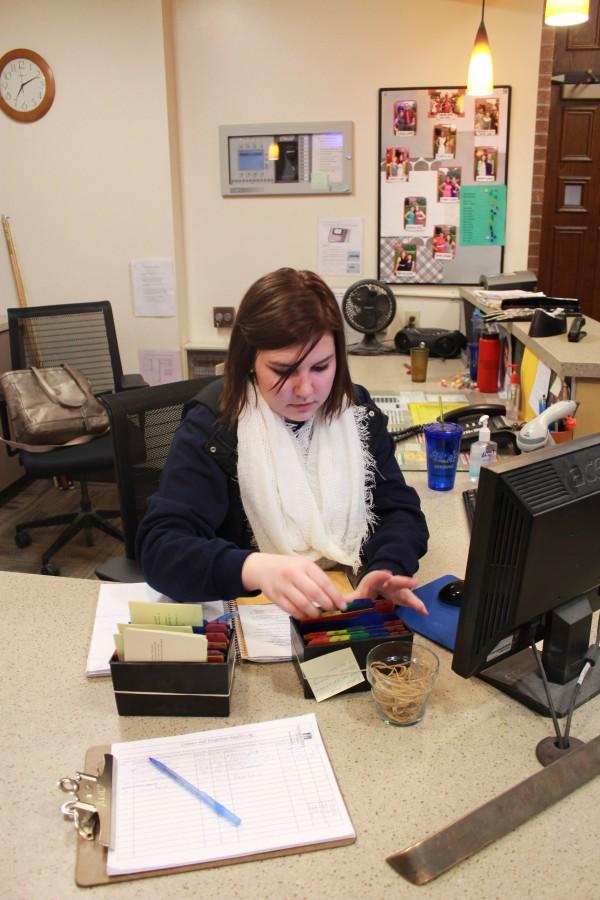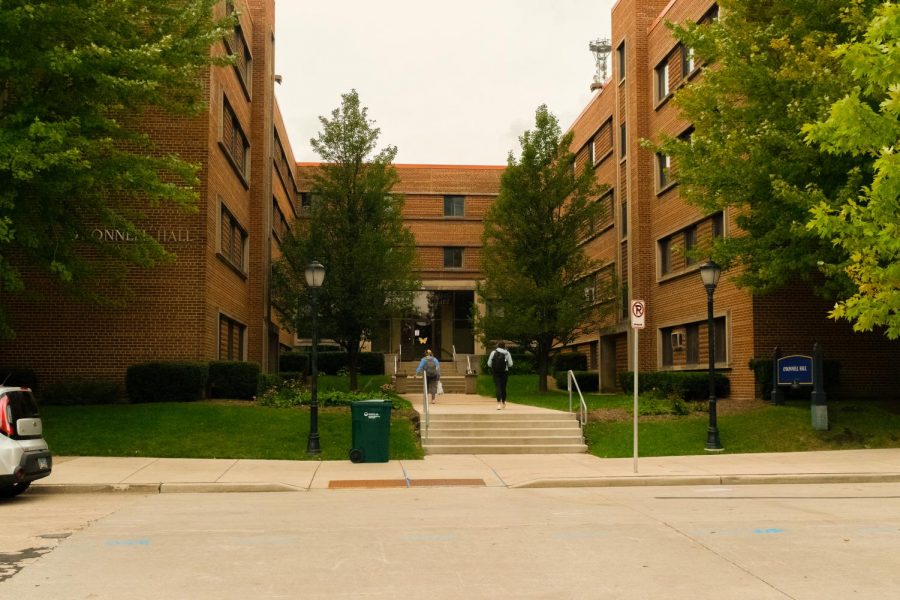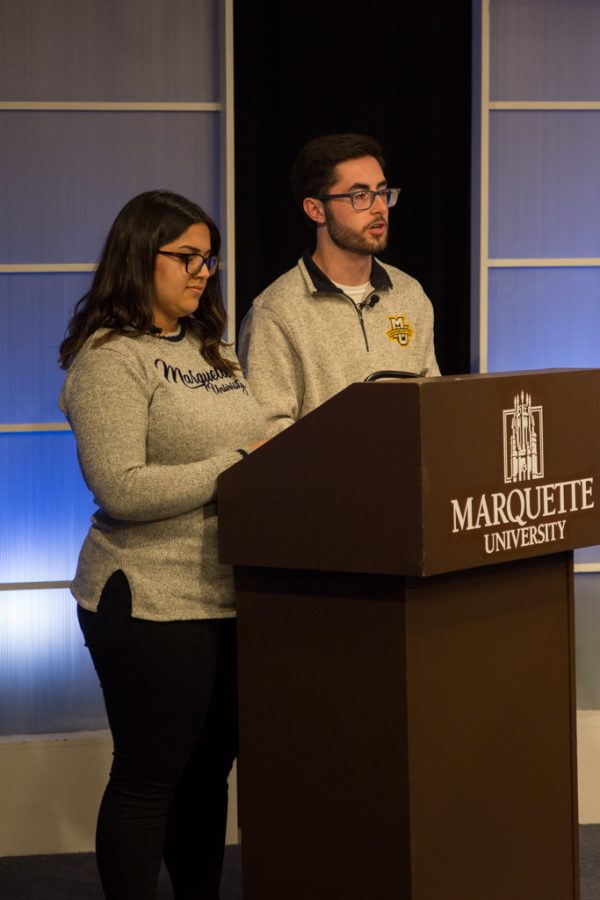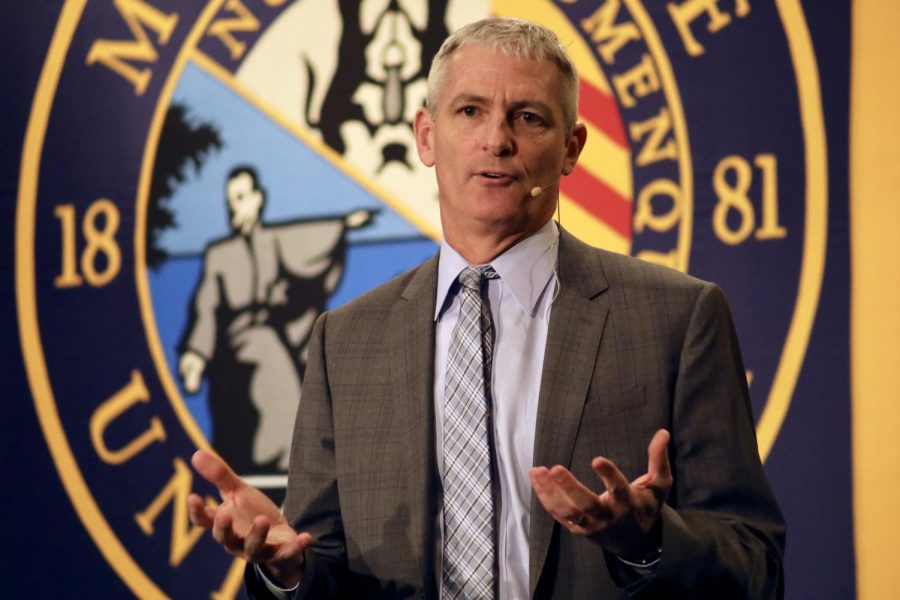Gabriella Suliga, a junior in the College of Arts & Sciences, said every year she has been a student at Marquette, the tuition has increased.
According to archived news releases, in the 2016-’17 academic year, the tuition increased $1,280. In the 2017-’18 academic year, tuition was raised $1,330. The 2018-’19 academic year brought a $1,960 tuition increase. For the 2019-’20 academic year, the tuition will increase $2,060, bringing tuition from $41,290 last academic year to $43,350, according to a university news release.
“It does give a little pressure on myself and on other students,” Suliga said. “I’ve had several conversations with other students at Marquette. So there is definitely more pressure to not only have a part-time job and be a full-time student, but also sometimes go out and find other opportunities to bring more money in.”
Suliga said she is the primary person who pays her tuition money. She said the tuition increase is causing her to worry about working more. She works as the president of Marquette Blockchain Lab, a student-run business organization at Marquette. She said the key to balancing academics with work is time management.
“I personally keep track of everything on different platforms,” Suliga said. “I have meetings all the time, and with school on top of it, things come and go. I write everything down and I have a ton of planners, so it’s all about staying organized.”
While tuition has increased, Annette D’Amato, student employment coordinator at Marquette, said the number of student hired in campus jobs has remained about the same.
D’Amato said Marquette’s job connection website offers jobs on and off campus, and about 3,500 students are hired by the university each year, 1,200 of whom receive Federal Work-Study. This work study program allows students to earn money to pay for educational expenses.
“Students earn FWS funds by performing part-time work for employers who qualify for the program under federal guidelines,” D’Amato said in an email. “These employers pay only a percentage of the student’s wages, while the federal government pays the remaining amount. A student’s Financial Aid Notification must state Federal Work-Study for the student to qualify for a FWS position.”
FWS positions can be found in nearly every academic and administrative office on campus, as well as in the Marquette recreational facilities, libraries and residence halls, D’Amato said.
Steven Kraft, a freshman in the College of Business Administration, found a part-time job at the Marquette Rec Center and Rec Plex through the university. While he said he does not use this money to cover tuition, Kraft said he does use it to help pay for textbooks and other college expenses.
“I think it helps prepare you for the real world, balancing and actually having to work,” Kraft said. “It helps you budget your time because you know you have to go to work at this time and then you have class, so you don’t slack as much.”
This act of balancing is familiar to Maggie Lamal, a senior in the College of Communication, who works full time and takes a full course load.
Lamal works as a marketing coordinator for the Brewers, and she said whenever she is not in class, she is at work.
“The biggest difficulty is having enough time,” Lamal said. “I always say that I wish there were a few more days in the week just because there’s just so much to do with homework and school work and then actual work and bringing work home.”
Lamal said one of her biggest challenges is having typical corporate hours running 9 a.m.-5 p.m. while a lot of her classes are during the day.
“So it’s about managing my time and missing certain meetings and having to catch up on things because I had school,” Lamal said.
Lamal said that while her workload is a lot to handle, she is able to fit it all into her schedule if she prioritizes her time.

